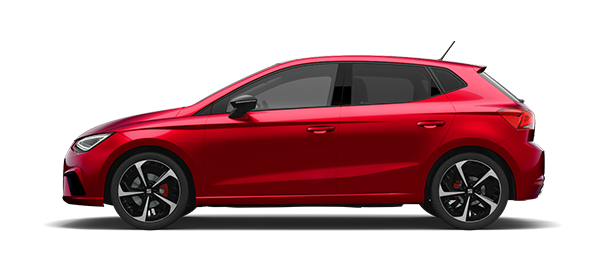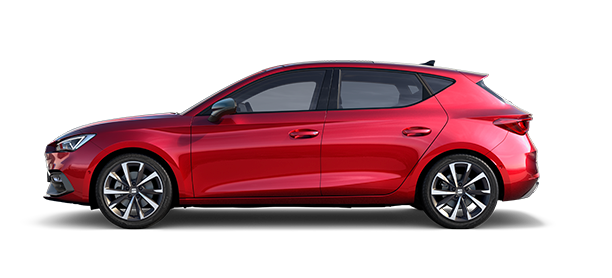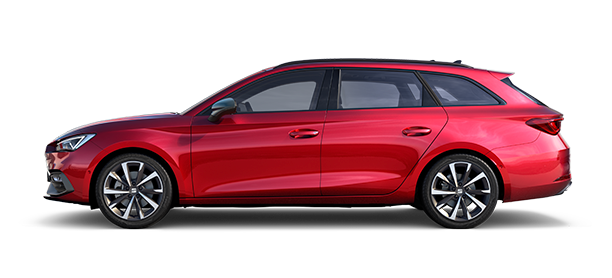Fuels
Fuels for internal combustion engines are divided into petrol and diesel fuels. Generally speaking, fuels are produced by the distillation of petroleum. For use in motor cars, they must be as pure as possible and free of solid impurities. Petrol is available with different specific gravities and with different octane levels (regular, super, super plus).
The octane number indicates the antiknock value. The higher the octane rating, the higher the resistance to knocking. Diesel fuel is produced during distillation of petroleum at 180 to 300°C as what is known as "gas oil". The quality and properties of petrol and diesel are mainly determined by additives. These chemical additives ensure storage stability, further increased knock resistance and corrosion protection. They improve the flowability of diesel at temperatures below freezing or prevent the formation of ice crystals on the throttle valve which can arise if heat is extracted from the air when the fuel is vaporized.
Using catalytic converters makes use of unleaded fuel compulsory. Since organic lead compounds were previously considered the most effective anti-knock agents, lead-free fuel must be enriched with special, high-quality, high-octane, non-leaded components.





